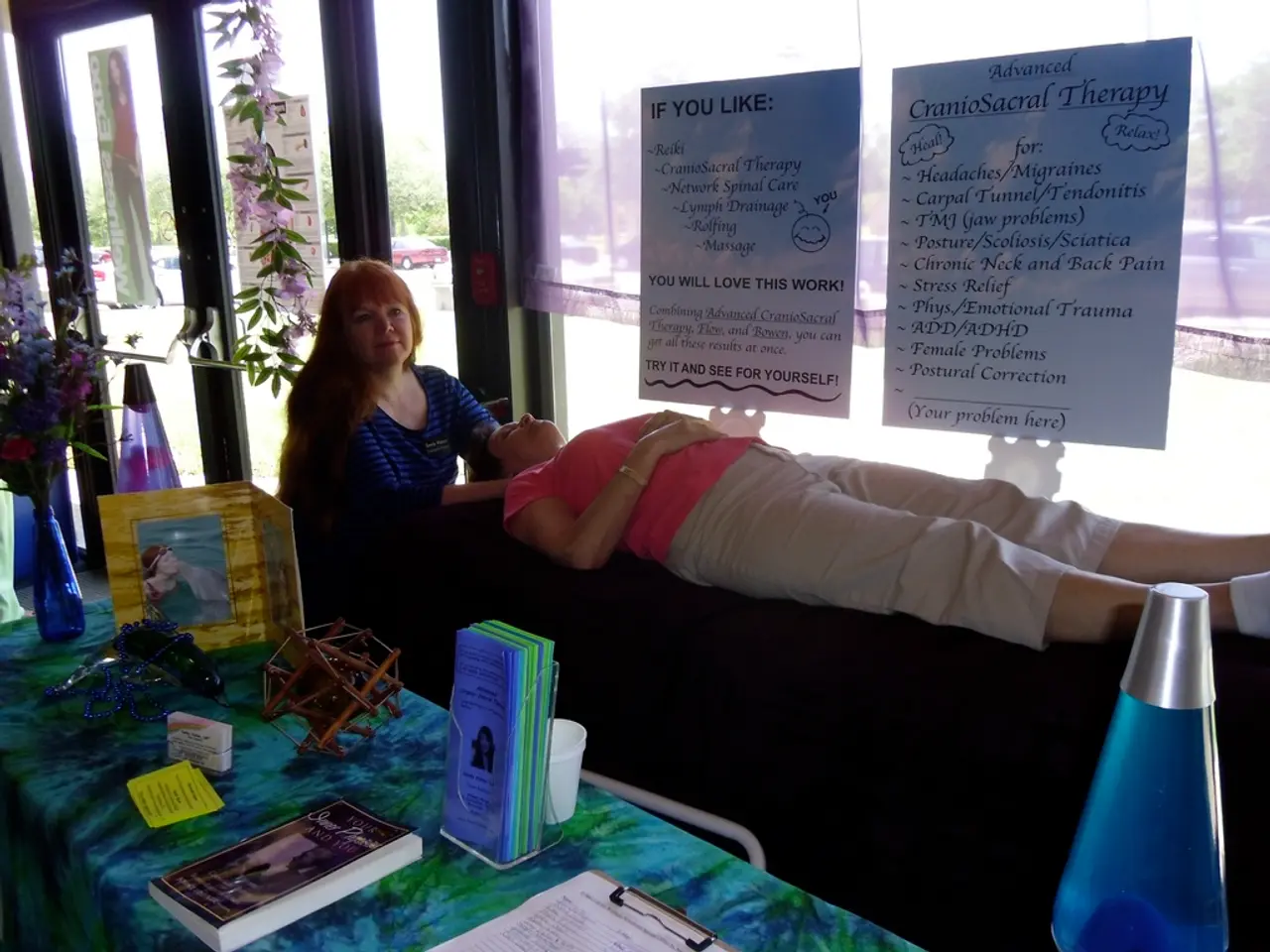Unusual Psychological Tidbit You're Aware of?
In the realm of human psychology, a fascinating quirk known as "idleness aversion" has been identified. This phenomenon refers to the discomfort or dislike people feel towards being idle or doing nothing, even when such rest is not harmful [1].
At first glance, this aversion might seem counterintuitive. After all, idleness should not pose any real harm. However, from a psychological perspective, humans have a deep-seated desire to act and engage in activities, which could be due to internal drives and motivation mechanisms that favor action over inaction [1].
The reasons why people prefer being busy over doing nothing are manifold:
- Aversion to boredom: Idleness can trigger a psychological state of boredom, which many find aversive. This discomfort motivates individuals to seek activity to avoid the unpleasant feelings of inactivity [1].
- Desire for meaningful engagement: Humans may feel a need for purposeful action and involvement, making busyness feel more satisfying and fulfilling than passive states [1].
- Cultural and social conditioning: Societal norms often prize productivity and constant activity, framing being busy as a sign of value and success. This reinforces the avoidance of idleness.
- Risk of anxiety and burnout is acknowledged but often overridden: Despite the potential negative consequences of busy schedules, such as stress, burnout, and anxiety, people remain drawn to activity because the immediate discomfort of idleness feels more intolerable [1].
In a study, participants were given a choice between idling for 15 minutes or completing a pointless task, and most chose the pointless task, even if it required extra effort. This behavior suggests that people often prefer being busy, even if the busyness has no value [1].
Activities driven by idleness aversion can range from checking emails obsessively, scrolling social media endlessly, and organizing something that doesn't need organizing, to engaging in busywork that offers little productivity.
Embracing boredom or stillness, on the other hand, can help the brain recharge and refocus, leading to increased productivity and mental health [3]. However, the brain's inherent desire for action and engagement can sometimes lead to constant chasing of tasks, potentially leading to burnout and anxiety [4].
In conclusion, idleness aversion is the inherent psychological dislike of inactivity that makes people prefer busyness, driven by an intrinsic desire to avoid boredom and find engagement, even at the risk of experiencing burnout or anxiety. Understanding this phenomenon can help individuals make more conscious choices about their time and energy, leading to a healthier balance between activity and rest.
References:
[1] Pink, D. H. (2011). Drive: The surprising truth about what motivates us. Riverhead Books. [2] Killingsworth, M. A., & Gilbert, D. T. (2010). A wandering mind is an unhappy mind. Science, 330(6006), 932-932. [3] Manzey, F. L., & Schmidt, F. (2015). The effect of idling and daydreaming on creativity. Thinking & Reasoning, 21(3), 238-246. [4] Schwartz, B. (2004). The paradox of choice: Why more is less. Ecco.
People might find busyness more satisfying and fulfilling than idleness due to an inherent desire to avoid boredom and seek meaningful engagement, as a result of idleness aversion [1]. This phenomenon, rooted in human psychology, can lead individuals to choose busywork over rest, even when the tasks have no value [1]. Nevertheless, embracing idleness can lead to a healthier balance between activity and rest, promoting brain recharge and refocus, and potentially enhancing mental health [3].




